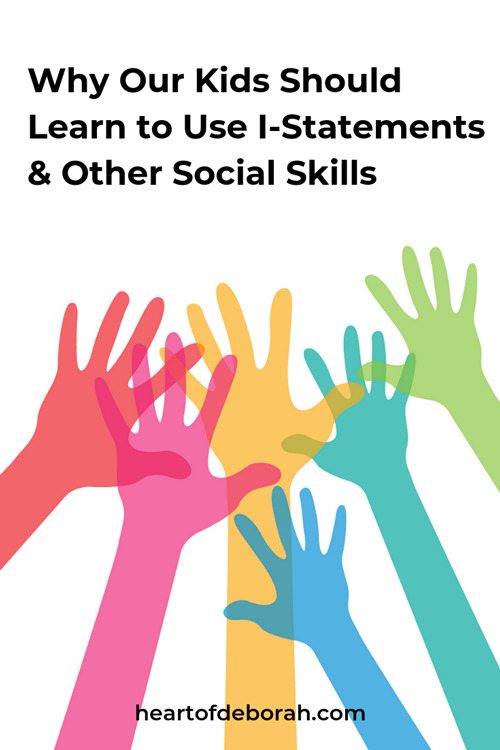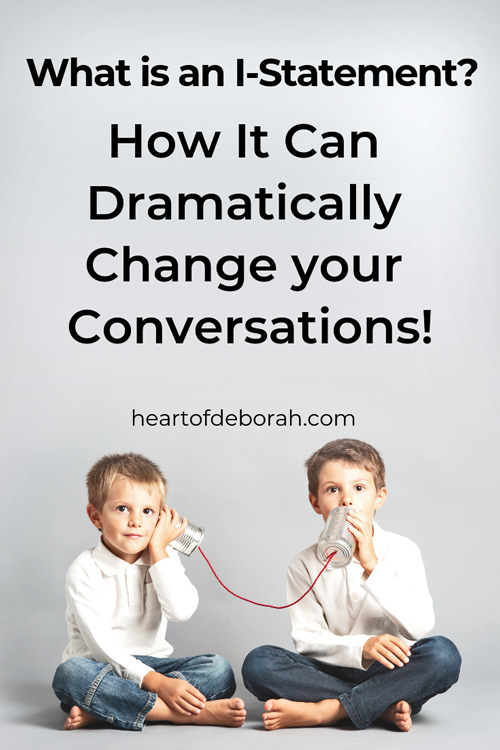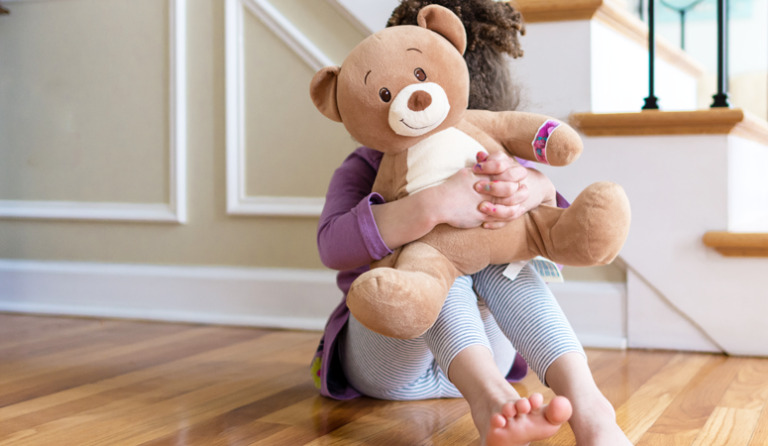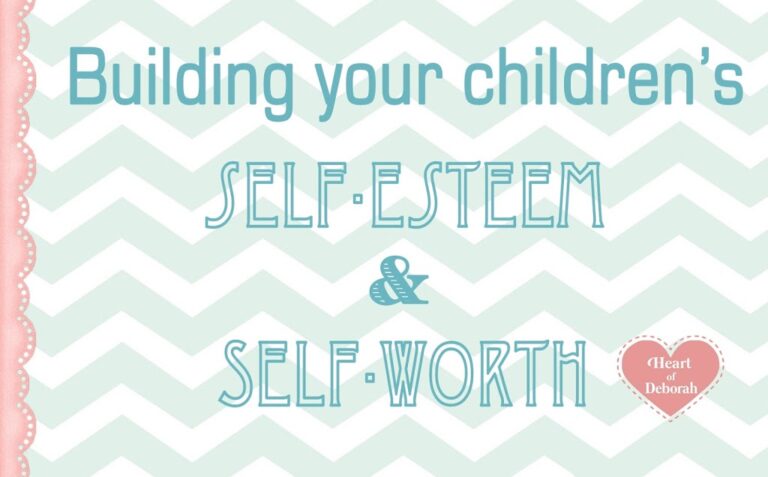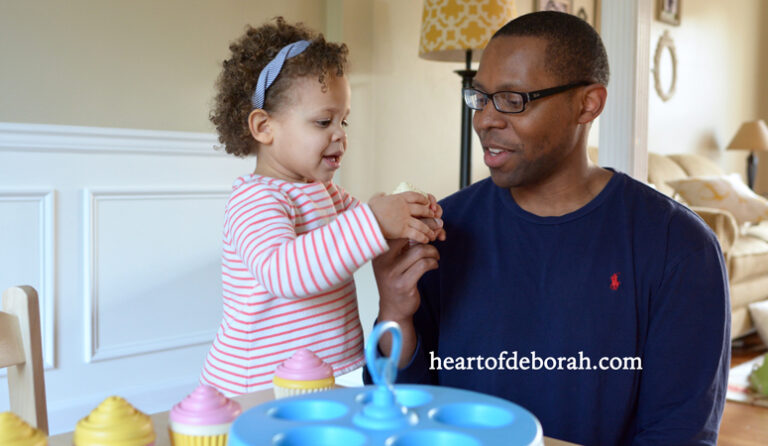I Statements Versus You Statements: The Powerful Difference!
You never let me do what I want! Why are you always so mean to me?
Have you ever heard something similar from your kids? Your spouse? These are examples of you statements.
Adults can definitely get caught in the trap of the blame game and start using you statements to express their feelings.
But it’s more likely to happen with children. Why? Because it’s easier to point the finger at someone else and kids are a bit more egocentric.
So why should I care how my child expresses his or her emotions?
Let me give you an example to show you the impact of I statements versus you statements!
I Statements Versus You Statements: The Powerful Difference!
The Situation: My husband comes home from a long day at work. I’ve been at home all day with the kids and it’s been a tough day. I’m tired, wanting a break and feeling overwhelmed. After dinner, my husband goes to the living room and turns on the TV.
You-Statement Example: This makes me even more frustrated and I think “He never helps with the dishes! He always gets to do what he wants.” So this is what I tell him. How do you think he responds? Immediately he is on the defensive and he feels attacked.
We probably won’t find a good compromise with this example.
I-Statement Example: I’m frustrated and I start to think “He never helps.” But then I collect my thoughts and take a deep breath. “Hey babe, I’ve had a really hard day. I’m tired and I’m feeling a little frustrated that I have to clean up the kitchen myself. Can you please help me?”
I can imagine someone is much more likely to respond positively to the second example!
Then after we clean up, we can have a deeper conversation about how we can find a way where we both get to relax and have enjoyable evenings.
What if our kids could handle problems with this perspective? It would save a lot of hurt feelings and arguments. When they learn to use this skill they can effectively problem solve and engage in conflict resolution without fighting!
So let’s recap. I Statements Versus You Statements
The opposite of an I-statement is a you-statement.
Examples of you-statements include you always do whatever you want and you never think about what I want (fill in the blanks: you always ____ and you never _____). Kids who have big emotions often use these types of phrases.
You-statements made when a child is frustrated can escalate the situation quickly. No one likes being ridiculed or harshly criticized.
Instead of criticizing the other person with a you-statement, I-statements teach kids how to express how they feel.
How Do We Teach Our Kids to Use I-Statements?
The ability to keep your cool and patiently explain your feelings takes time. It would be unrealistic to think a 4 year old could do this without help.
Not sure what social emotional skills your preschooler should have? Here is our ultimate guide to emotional intelligence for young children.
But that doesn’t mean we can’t start to teach our kids how to use I-Statements. It’s a vital skill and I’m sure their future spouse will appreciate it when they get older!
Now sure how to teach I-Statements to a youngster? Read all about that here.
So that is it! Which do you typically use? Do you see the difference?
I’d love to hear from you! Do you have a child with big emotions? How do you handle social skills at your house? Leave a comment below.
Join our community of moms on Facebook for more support in parenting and motherhood.


